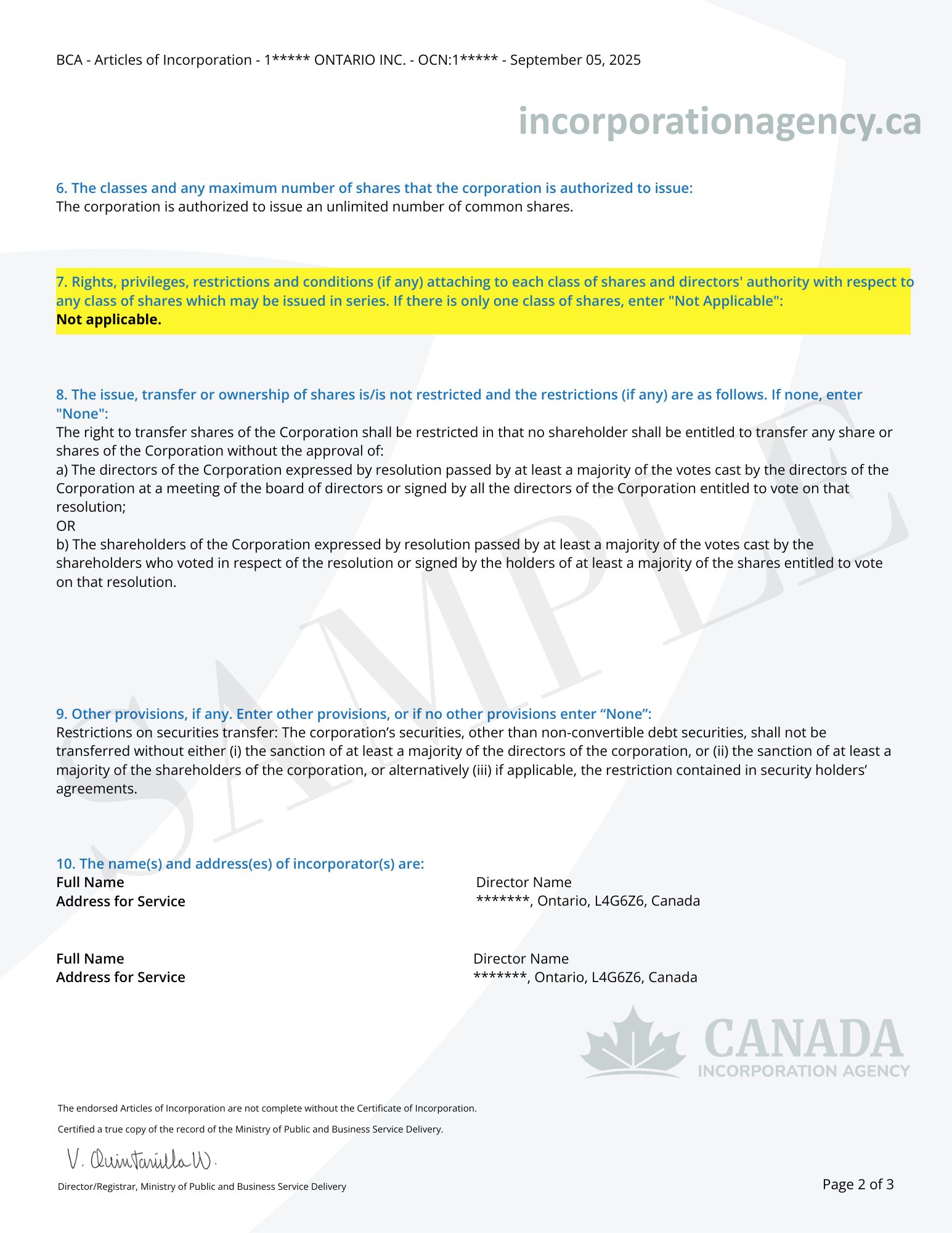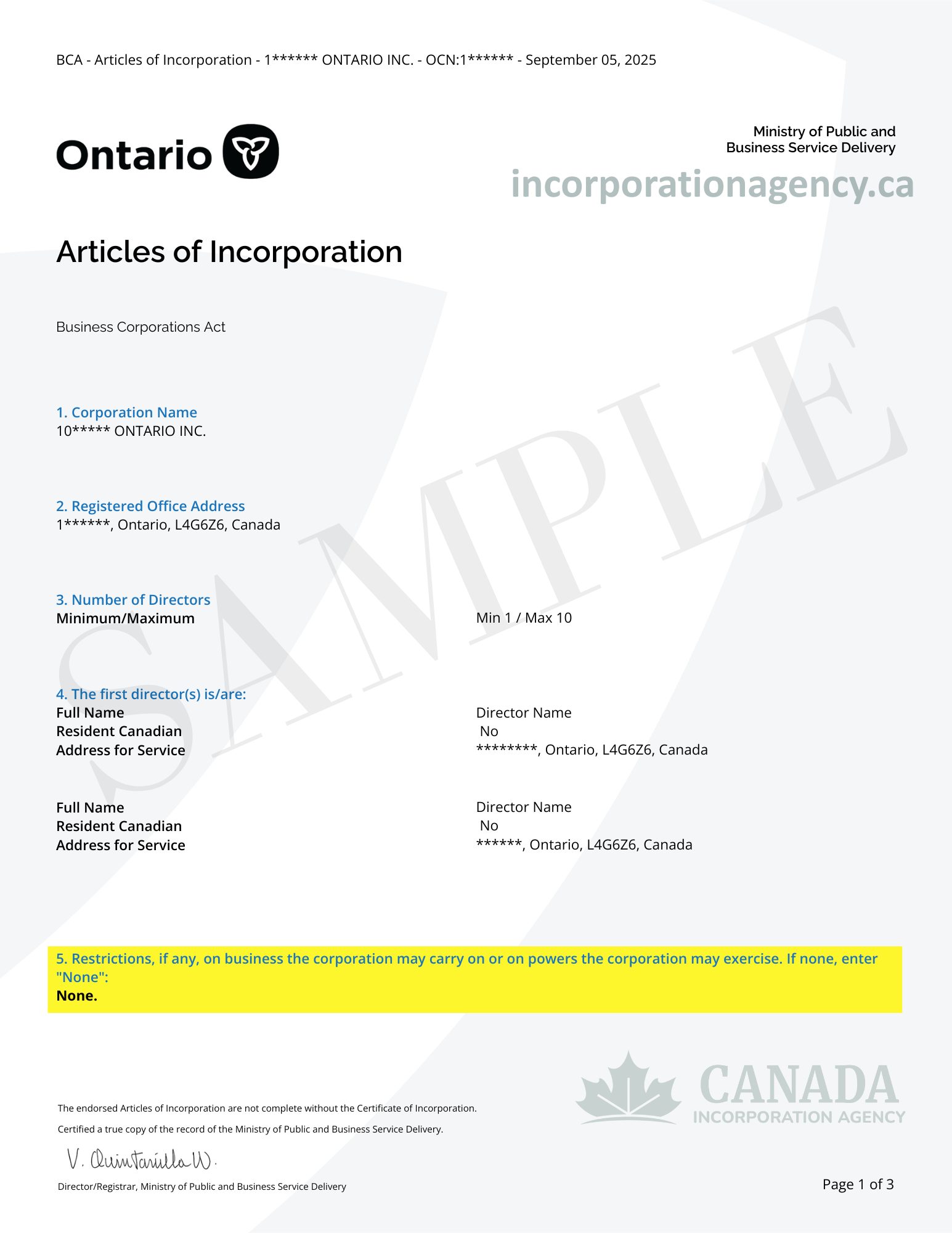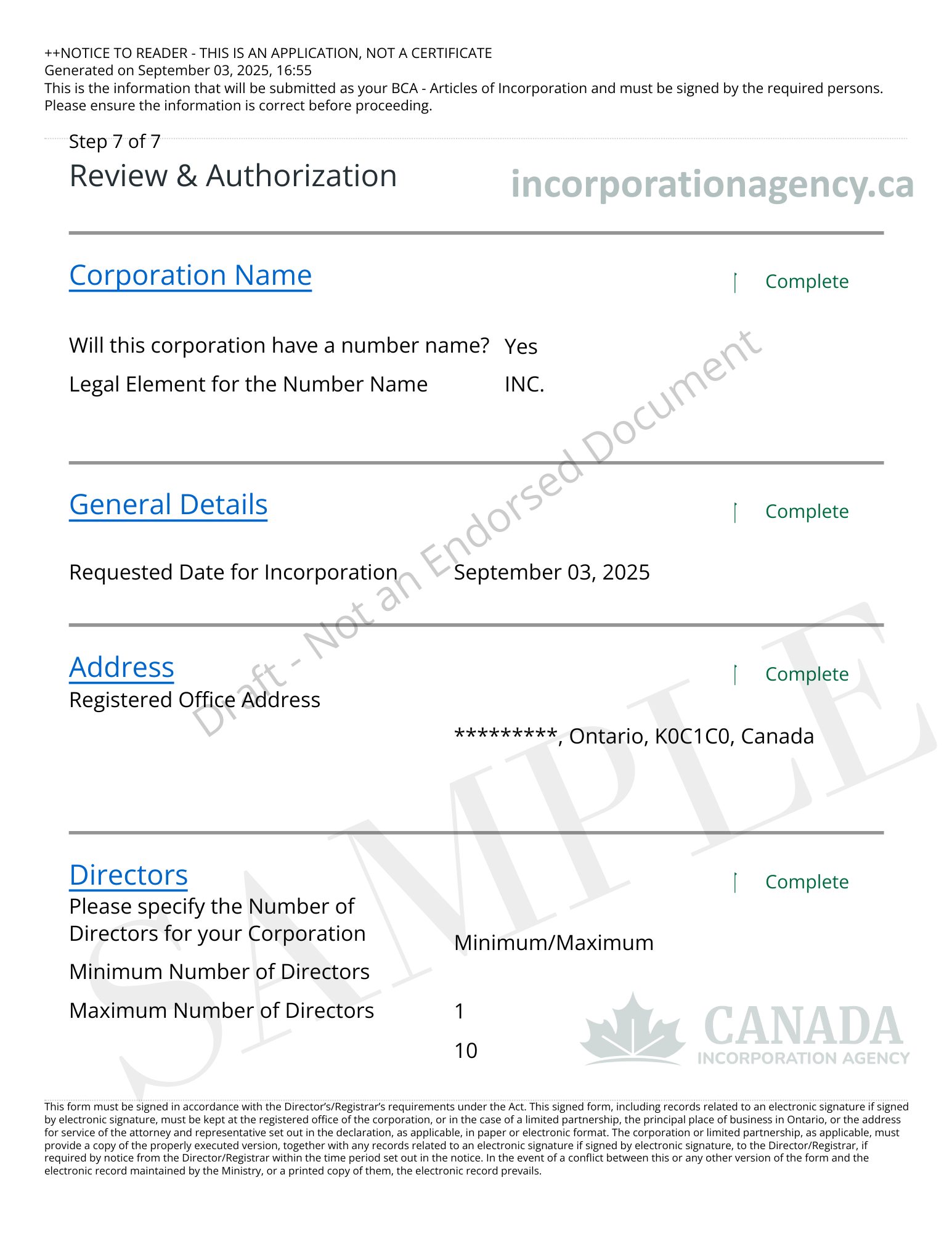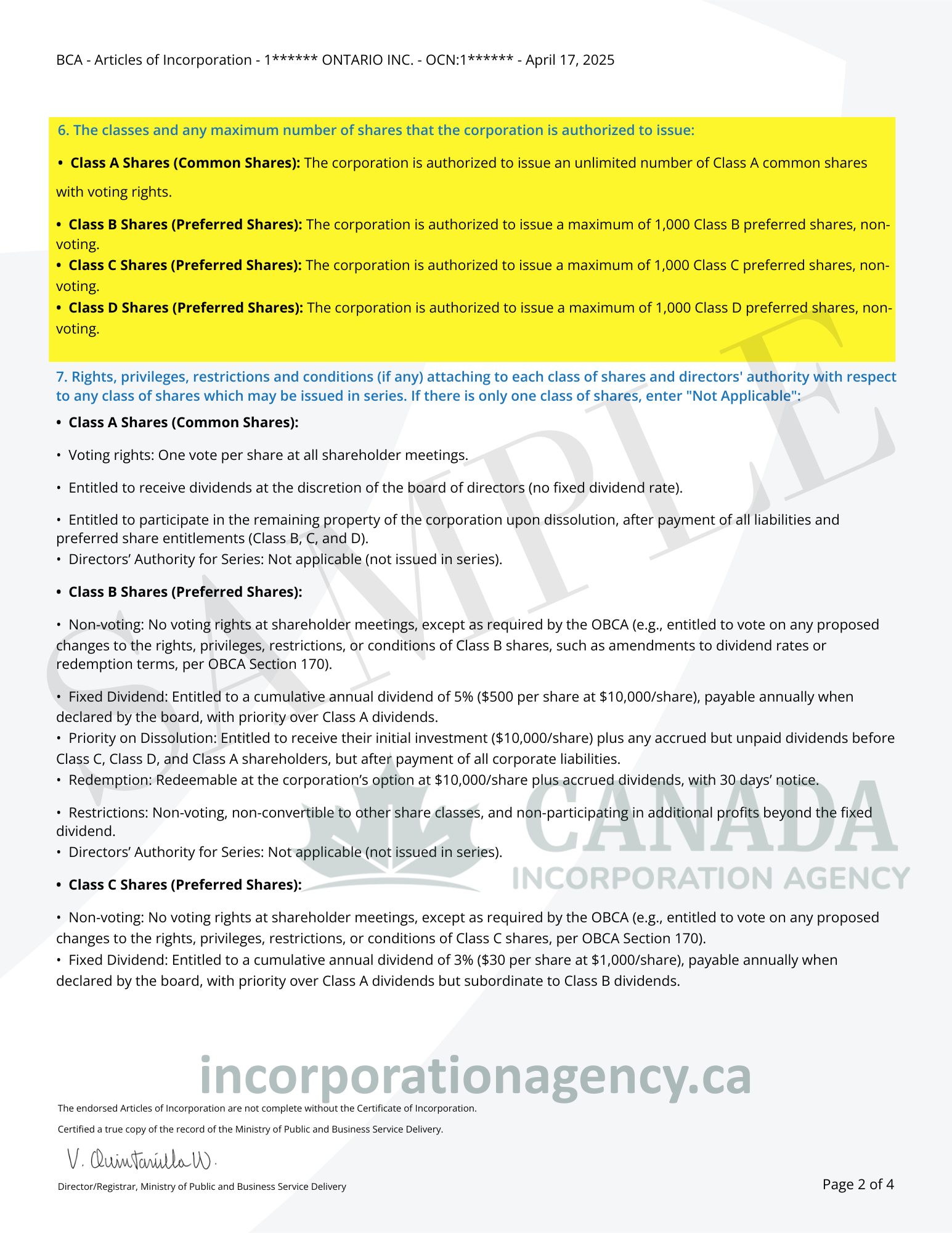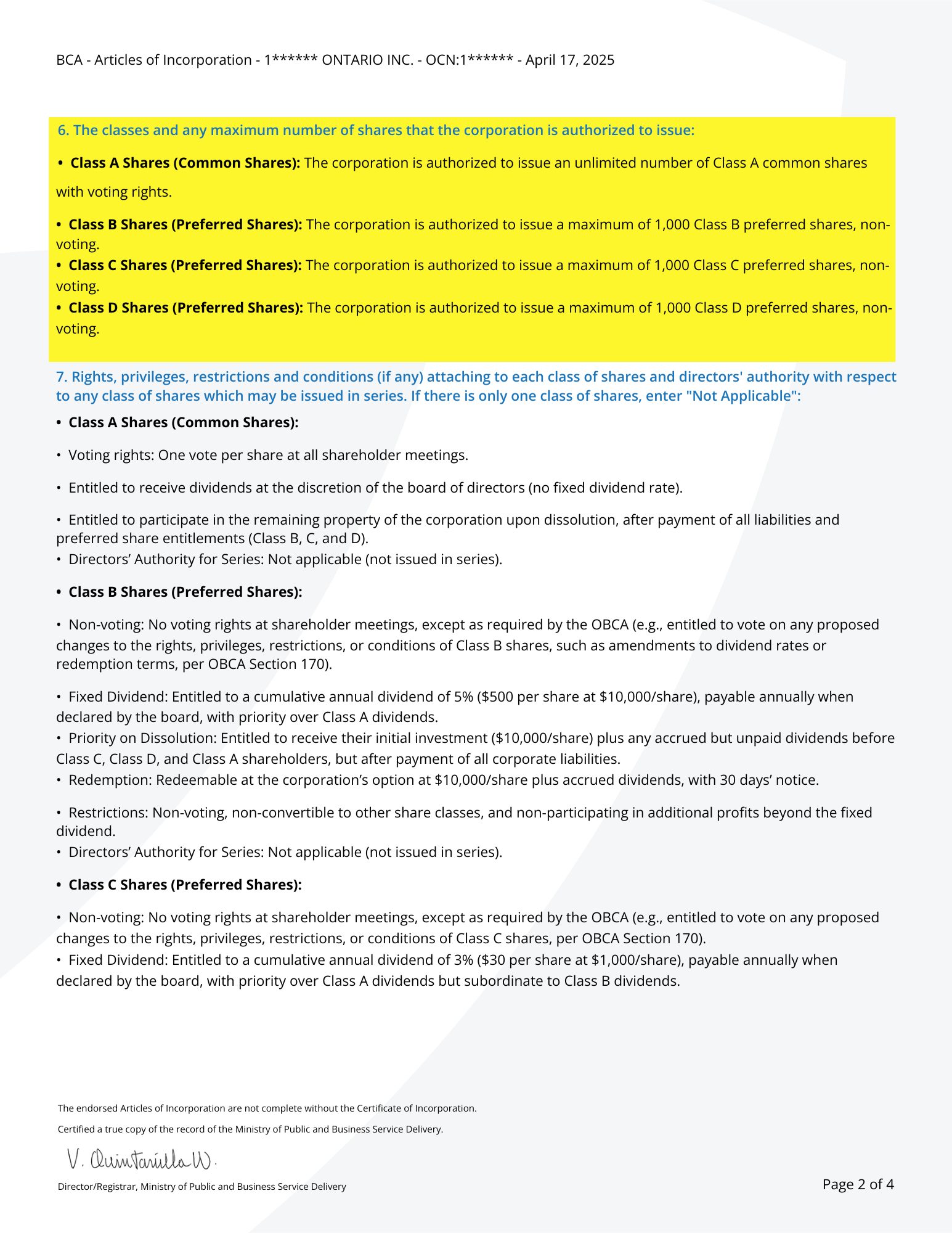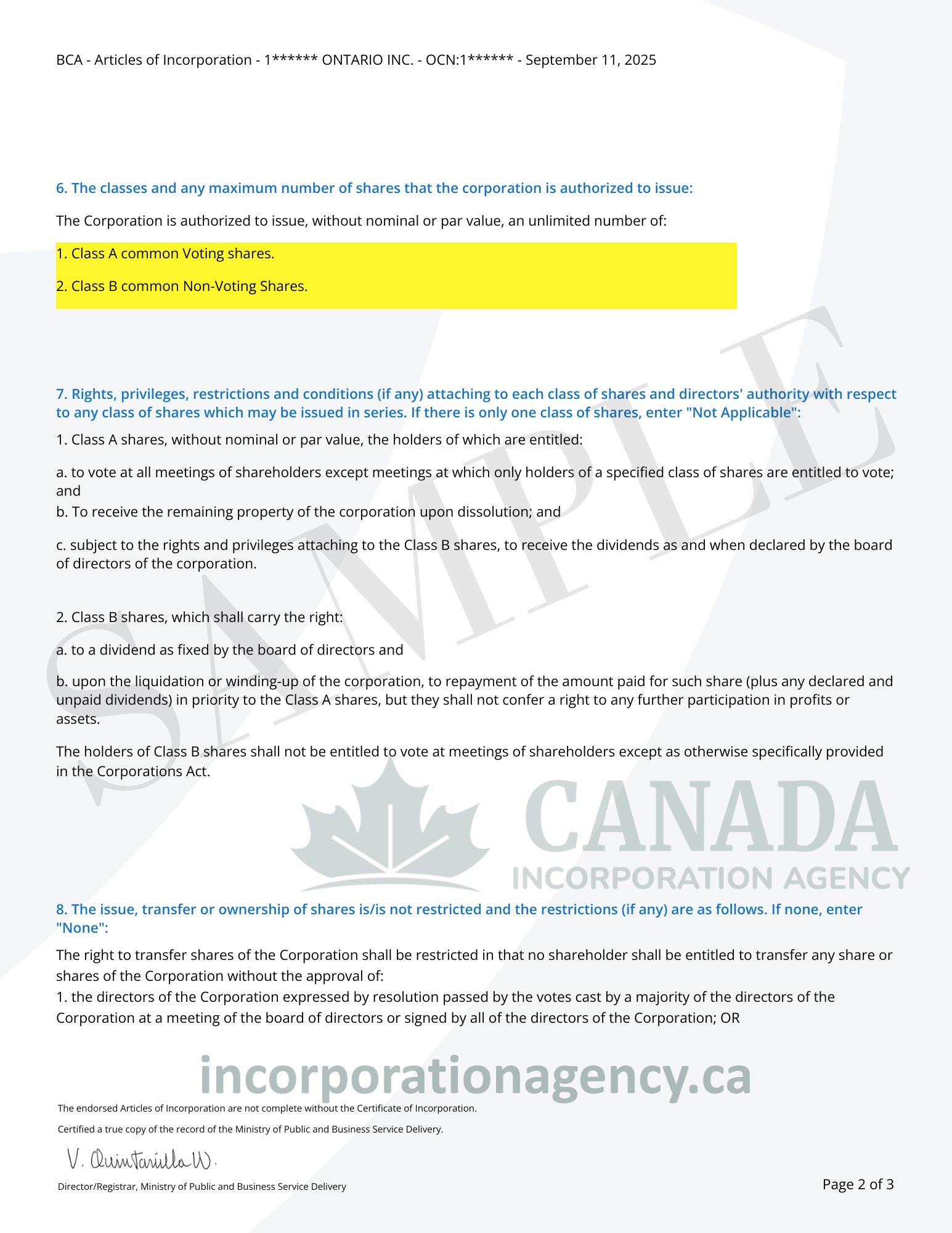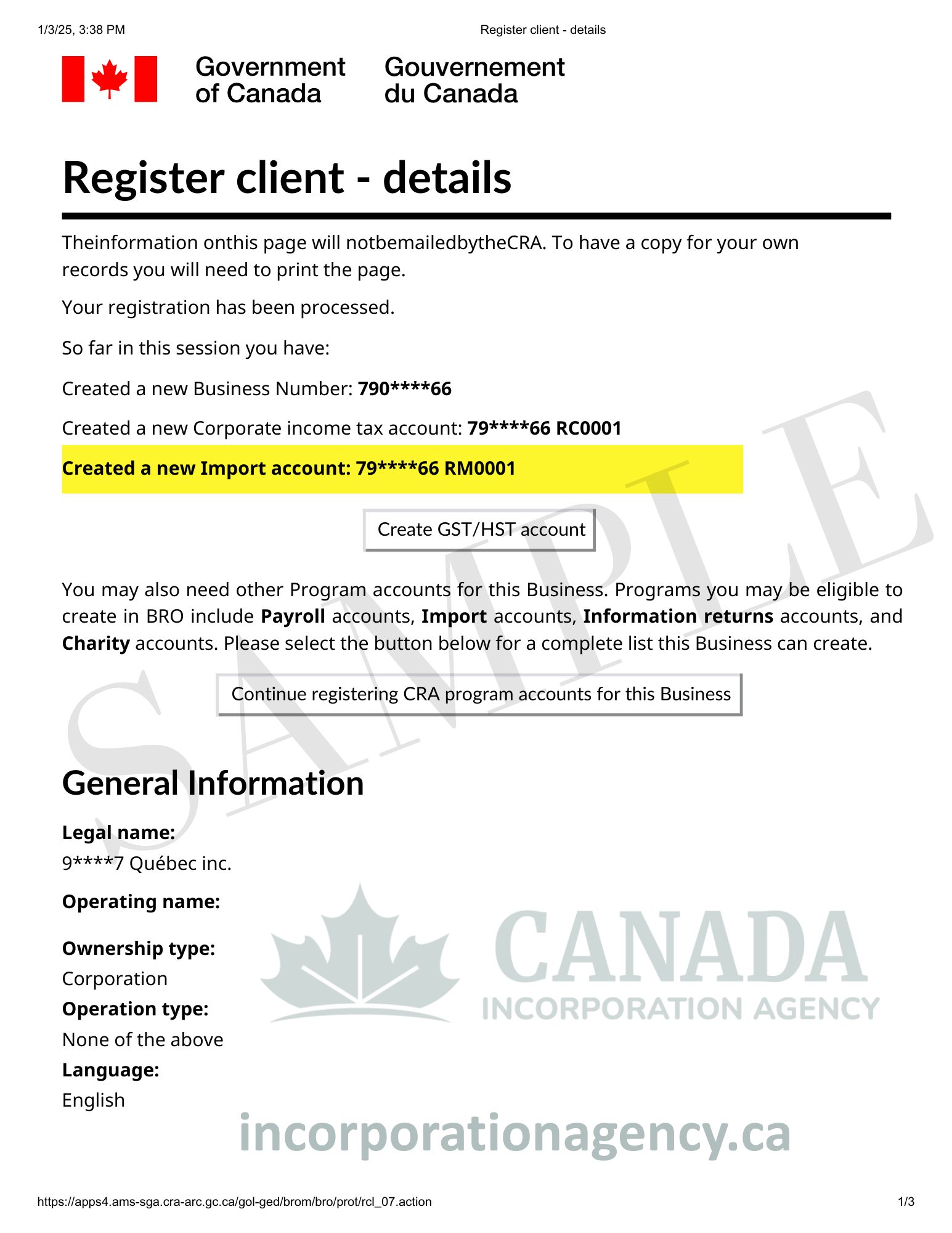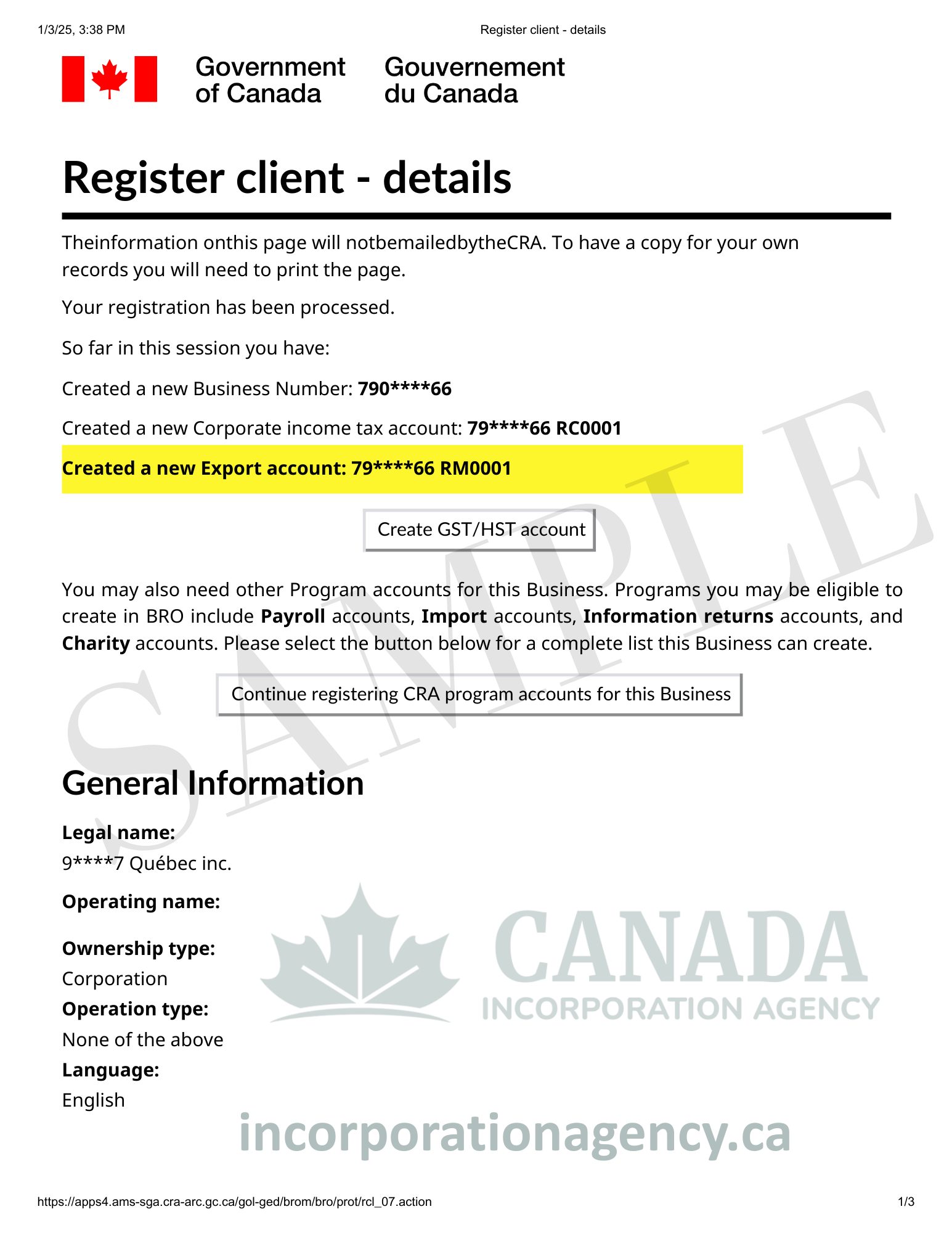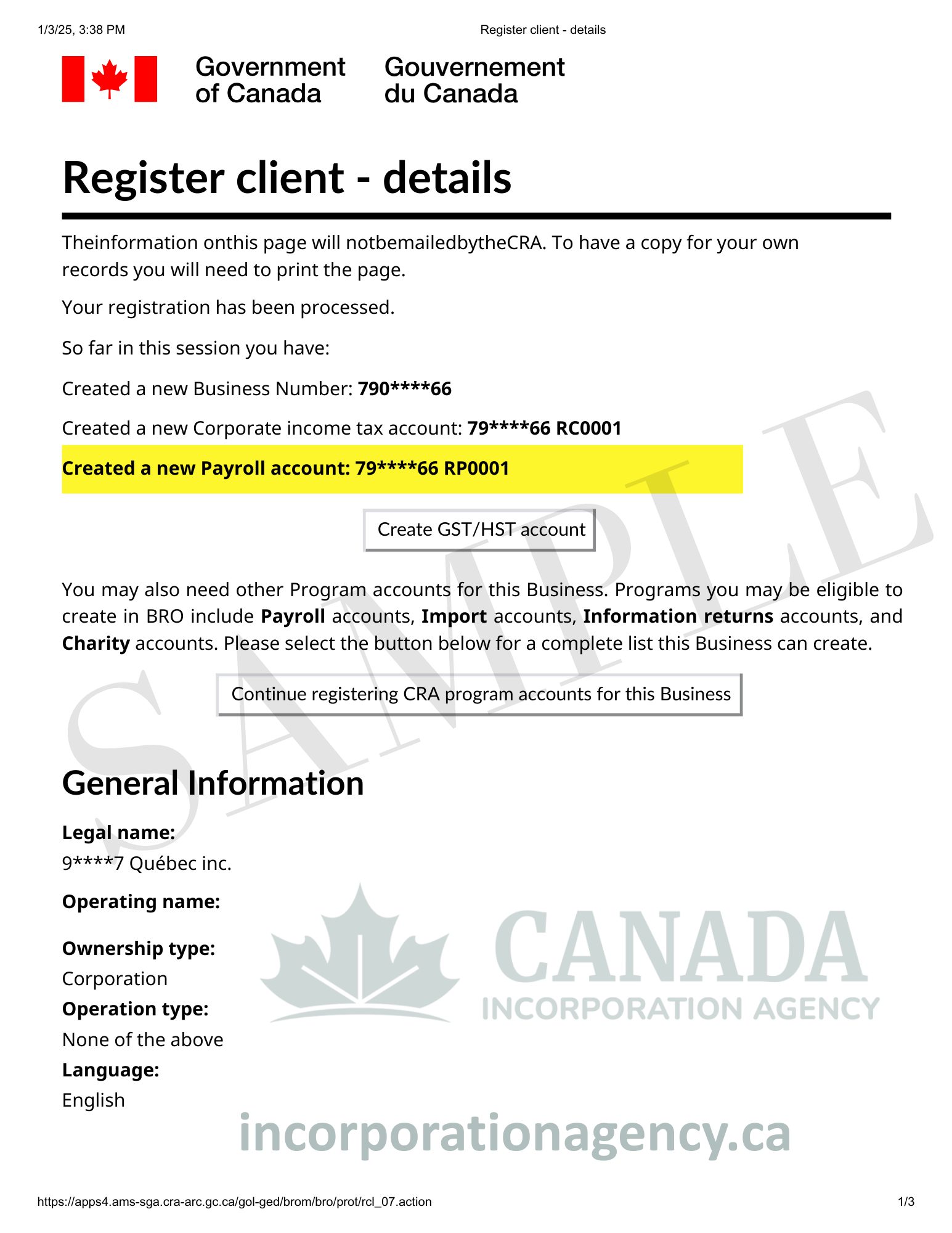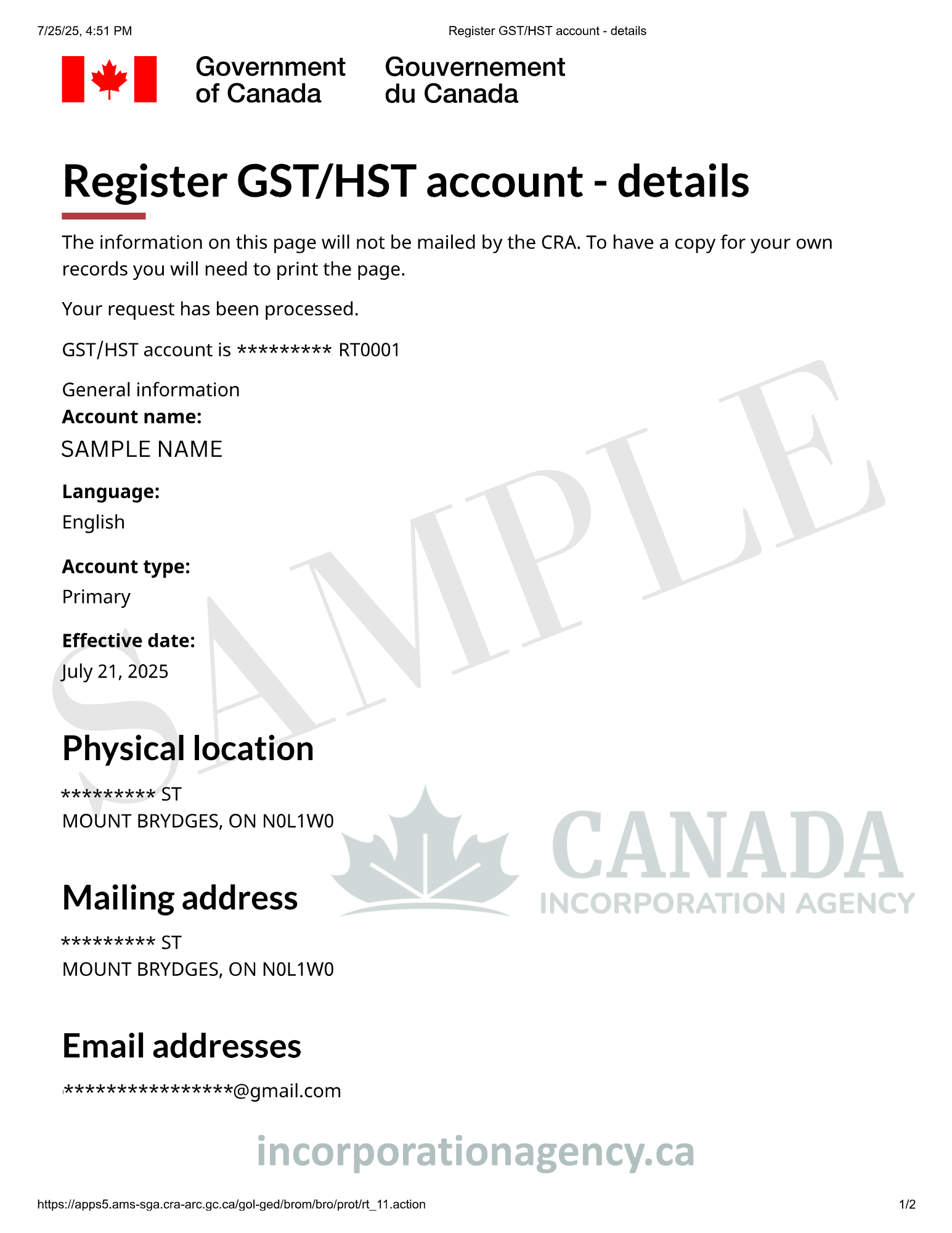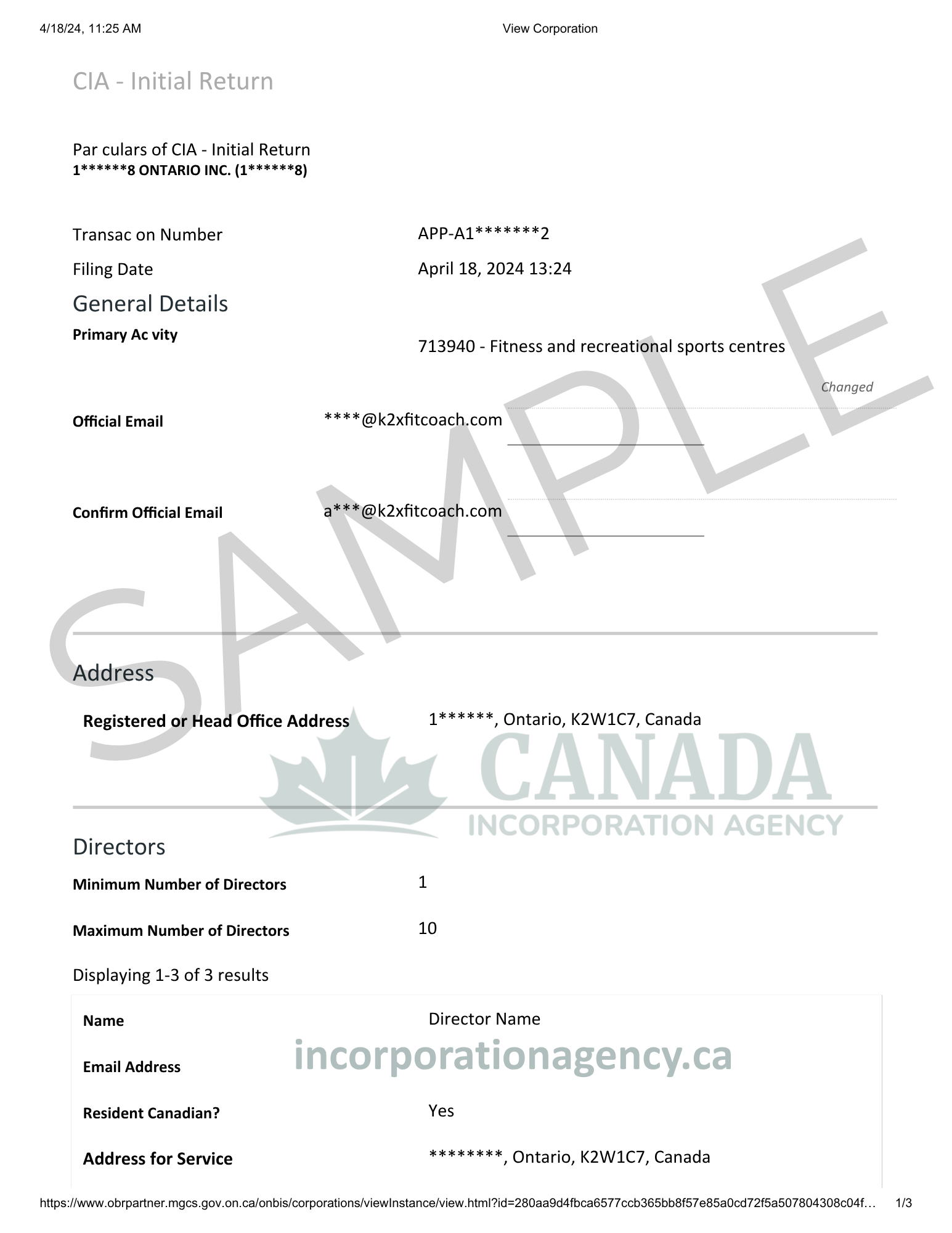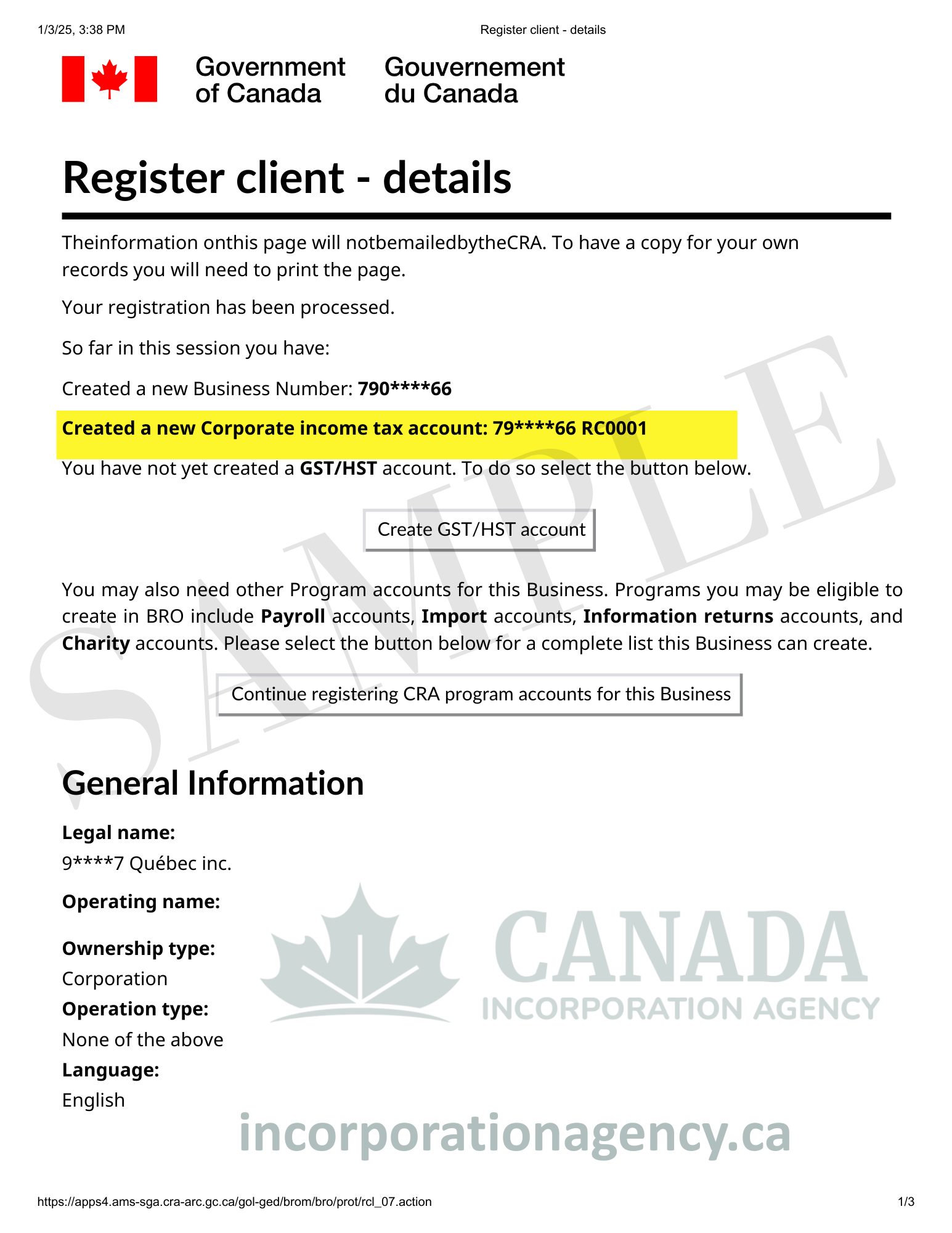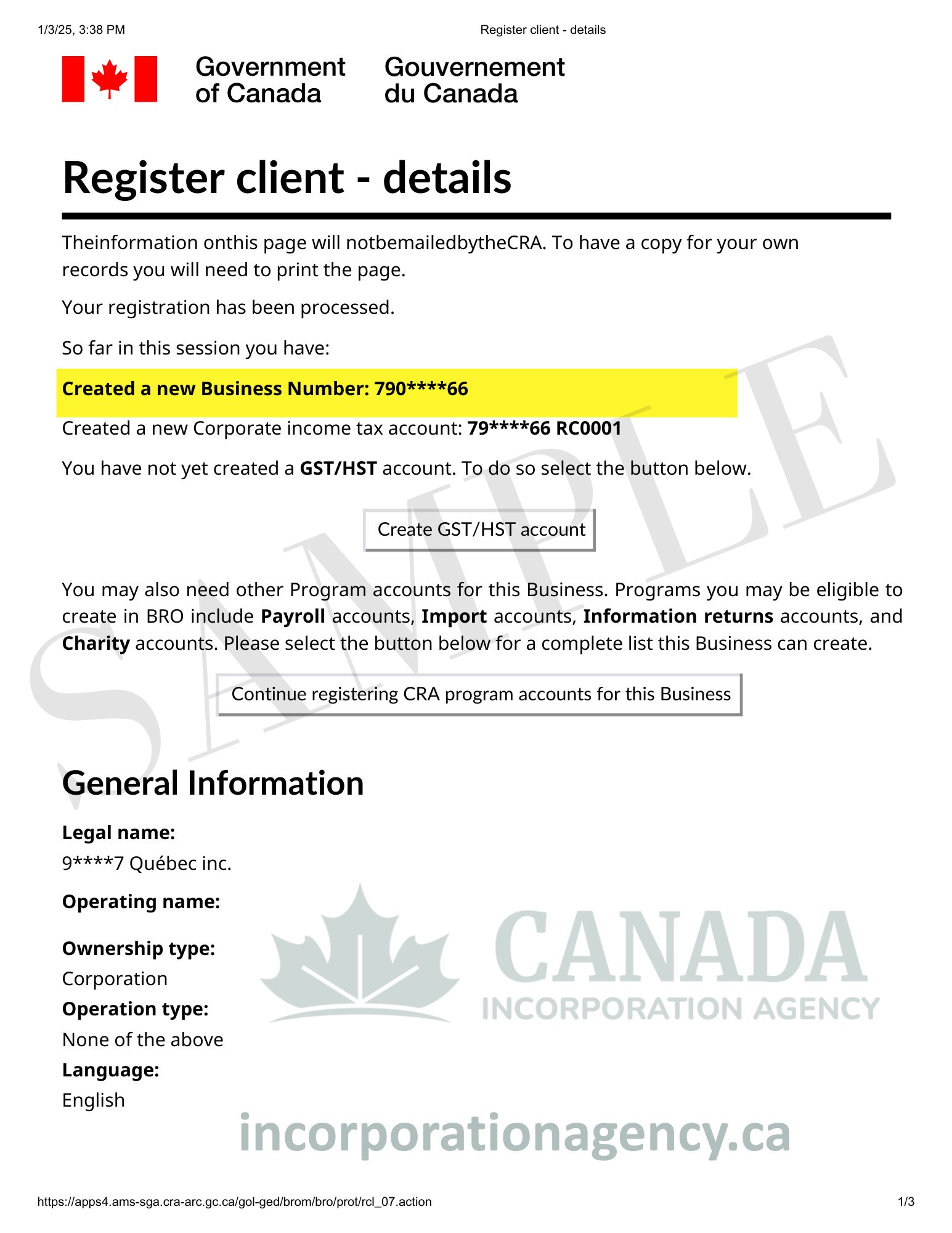At the Canada Incorporation Agency, it’s our pleasure to assist numerous entrepreneurs in comprehending the Types of Partnerships in Canada and making an informed decision regarding business structure.
Whether you’re an aspiring business owner or an existing company seeking to expand, it is important that you know the Types of Partnerships in Canada in order to make an informed decision. We’re here to take you through this process in an easy to use manner that takes the legal language out of the process
Email: info@incorporationagency.ca
Phone: +1 647.945.8893
Address: 1270 Central Pky, W, Mississauga
Different Types of Partnerships in Canada
If we look into the types of Partnerships in Canada, we’re dealing with three legal forms that cater to different business requirements. Partnerships can be compared to different vehicles, each for particular travel objectives as well as passengers.
3. Limited liability partnerships
These three are the main Types of Partnerships in Canada that the Canadian business environment acknowledges.
Why Choose a Partnership Structure?
Partnership arrangements offer several attractive benefits that make partnerships an appealing option for business owners in Canada. One of the main benefits is income tax planning since partnerships will allow for the flow-through of losses to partners to be used to counteract other sources of income in the proper situation.
Another important advantage is flexibility in management and operations. In contrast to corporations with inflexible governance systems, partnerships are flexible enough that specific business needs can be addressed through comprehensive partnership agreements. This flexibility is applicable to profit-sharing distributions, decision-making processes, as well as operational tasks.
Simplified reporting rules are attractive too. Partnerships that do need to make information returns are not subject to the same complicated regulatory hurdles as corporations. This simplified process can be cost- and time-saving, particularly for small business endeavors.
Canada.ca is another great resource, to obtain info on partnerships.
General Partnerships: The Traditional Approach
The most common type of partnerships in Canada is the general partnership. In such a partnership, every partner is equal in terms of running the business as well as having unlimited personal liability for business obligations and liabilities. It’s sort of like paddling in a canoe – there are multiple people paddling, with all of you getting wet if it capsizes.
Forming a general partnership is easier than you might imagine. You could do it unintentionally! If two or more persons continue business in common with intent to make a profit, generally speaking, they will be considered to be in partnership in fact in the law of Canada. Nevertheless, it is highly advisable that you formalize the agreement in writing through a partnership agreement.
The distinguishing feature of general partnerships is unlimited liability.
Partners are individually responsible for all of the partnership’s debts and obligations without regard to which partner incurred them. This is to say that creditors can pursue partners’ personal property to pay business obligations. This may seem frightening, but numerous practitioners of legal services and accounting do business in the form of general partnerships because professional rules call for it.
Advantages of General Partnerships
A number of benefits make general partnerships appealing in specific business circumstances. At the top of the list is the ease of formation, you can form a general partnership with minimal cost and paperwork. In contrast to corporations that need formal registration along with constant compliance, general partnerships can start operating almost instantly.
Shared responsibility for management enables partners to allocate tasks based on strengths and skills. Better decision-making and improved operations can be achieved through working in partnership. Partners can specialize in separate areas of the business while having an equal voice in making key decisions.
Flow-through taxation offers substantial taxation benefits. The partnership income and losses will flow directly onto the personal income tax returns of the partners, eschewing double taxation that is common in corporate structures. The strategy is especially helpful when the partnership incurs losses that partners can use to balance other income.
Disadvantages and Risks
The main disadvantage of general partnerships is unlimited personal liability.
When your personal resources are at risk for business obligations, the risk is increased significantly. This risk is extended to actions of other partners such that you could be liable for choices you didn’t make.
Each partner is individually responsible for all partnership obligations in joint and several liability. If one partner is unable to pay his/her portion of business debt, the other partners will pay the full amount. This can make relationships sour and lead to financial distress.
Difficulty in raising capital is also an issue. Investors do not readily become general partners because of the unlimited liability risk involved. This constraint will hinder opportunities for expansion as well as make it difficult to draw in external capital.
Limited Partnerships: Balancing Risk and Investment
Limited partnerships are a hybrid option among the Partnerships in Canada that provides both the management flexibility of general partnerships as well as liability protection for some partners. Imagine a limited partnership as an analogy using a ship with passengers (limited partners) and a captain (general partner) – the captain will make the key decisions and is responsible for the burden, but passengers ride along with limited risk.
A limited partnership requires that there be at least one general partner to run the business and carry unlimited liability, as well as one or more limited partners who provide capital but do not become involved in day-to-day management of the business. The limited partners enjoy limited liability (up to the value of their investment in the partnership) on partnership obligations, which is why it is used to raise investment capital.
The trade off is clear: limited partners are shielded from business liabilities but cannot actively participate in operating the limited partnership. A limited partner involved in operating the limited partnership will forfeit that partner’s limited liability protection. This limitation serves to ensure that limited partners are in fact investors instead of active business operators.
Structure and Roles in Limited Partnerships
General partners in limited partnerships bear the full burden of business responsibility. They handle day-to-day operations, make important strategic decisions, and experience unlimited personal liability for all partnership liabilities. The general partner is most commonly a corporation instead of an individual in such situations in order to minimize personal exposure without relinquishing managerial control.
Limited partners are passive investors who provide capital in return for an interest in profits. They are excluded from involvement in management decision-making to avoid jeopardizing limited liability protection. The passive status is appealing to investors interested in sharing in business prosperity without participating in operations.
Partnership agreements in limited partnerships need meticulous drafting in order to characterize roles, obligations, and arrangements for profit sharing. The agreements need to stipulate clearly what limited partners can do without compromising the protection of limited status. The sophistication of these agreements usually warrants specialist legal advice so that limited partnerships are more costly to form compared to general partnerships.
Benefits for Investors and Businesses
Limited partnerships are particularly good at raising funds from investors seeking liability protection. The arrangement is appealing to investors who would otherwise stay away from partnerships because of unlimited liability fears. This aspect is the reason limited partnerships are commonly used in property development, film production, and investment funds.
Tax flow-through advantages extend to limited partnerships in the same manner that they do to general partnerships. Profits and losses are directly passed through to partners’ individual tax returns with resulting tax efficiency and the potential to use partnership losses to absorb other sources of income.
Operational flexibility provides the general partners with the autonomy to operate the business without interference from the passive investors. This can translate into more efficient decision-making and clearer management hierarchy in contrast to when all partners possess management rights.
Limited Liability Partnerships: The Professional Choice
Limited liability partnerships are the most recent in the Forms of Partnerships in Canada, providing a contemporary solution for professional service firms. A limited liability partnership is an ordinary partnership wherein the liability of even the general partners is limited (not eliminated but limited). Consider an LLP as riding a bicycle with the use of protective headgear – you’re still vulnerable to some hazards but the riskier ones are minimized.
LLPs offer an intermediate option between corporations and general partnerships. Partners are able to be involved in management while having some protection from personal liability for partnership liabilities. Partners are nonetheless individually liable for their own professional malpractice and can still be liable in specific situations.
The availability of LLPs differs among the provinces of Canada. Ontario has had LLPs in existence for some years now. BC had fallen behind somewhat but in 2004 the government finally enacted legislation that permitted these types of entities to form in BC. Each province
Professional Applications
Legislation and accounting companies commonly utilize LLP arrangements because these preserve the partnership ethos these careers prefer while offering liability protection. Partners in an LLP are not liable for malpractice on the part of other partners, but are individually accountable for their own conduct.
Health practitioners such as doctors and dentists favor LLPs in provinces where these are available to professionals. This form of business ensures that they practice in partnership but with limited exposure to liability from colleagues’ actions.
Consulting practices and other professional service businesses gain from the LLP arrangement’s blend of flexibility in management and protection of liability. The arrangement accommodates collaborative work situations without compromising essential legal protection.
Provincial Variations in LLP Availability
British Columbia provides distinct advantages to LLPs. One advantage of BC’s LLP legislation over those of other provinces in Canada is that BC has opened LLPs to any type of business. A LLP could be used to carry on any type of business. The generality of this availability renders British Columbia an appealing jurisdiction in which to create an LLP.
Typically, other provinces limit LLPs to certain professions. Lawyers, accountants, and other regulated professionals can generally create LLPs, but general businesses cannot in some cases depending on provincial law.
Registration requirements vary by province, with some allowing existing partnerships to convert to LLP status while others require new registration from scratch. Understanding these provincial differences is crucial when choosing where to establish your LLP.
Liability Comparison
General Partnership Liability: Partners have unlimited personal liability for partnership obligations. The personal assets of partners are exposed to business liabilities as well as legal judgments. Joint and several liability signifies that each partner is liable for the entire partnership obligations.
Limited Liability of Partners: General partners are exposed to unlimited liability while limited partners’ liability is generally capped at the size of the investment. Limited partners involved in management risk losing protection of limited liability.
LLP Liability: Partners do receive some protection against liability for the actions of other partners but are accountable for their own actions. The level of protection is province-specific and depends on the circumstances.
Tax Benefits and Implications of These Types of Partnerships in Canada
All Forms of Partnerships in Canada are treated alike in terms of taxation since they’re deemed flow-through entities.
Losses and income from partnerships directly pass through to the personal return of partners without corporate taxation. Tax implications do differ based on partnership form and characteristics of the partners.
You can click here to read more about reporting partnership income.
Another main benefit of partnership arrangements compared to corporations is avoiding double taxation. Corporate profits are taxed twice when paid as dividends, at both the corporate level and individual level. Partners’ income is taxed once at partner level.
Loss pass-through lets partnership losses be used to decrease overall taxation of partners. The advantage is especially beneficial with companies that experience high start-up expenses or cyclic trends in income.
Timing flexibility allows partnerships to make elections that are advantageous to all partners. The flexibility encompasses decision making on methods of accounting, depreciation methods, and other opportunities in planning taxes.
Provincial Tax Considerations of These Types of Partnerships in Canada
- Provincial partnership taxation legislation can be quite different throughout Canada. Certain provinces impose certain regulations on partnerships that do business within the province irrespective of the location where it was created.
- Multi-provincial activities add extra complexity to partnership activities that cross provincial borders. Familiarization with each province’s taxing requirements is essential for compliance as well as maximum tax planning.
- Partnerships with foreign partners or operations are impacted by international considerations. The taxation of partnerships with an international component in Canada is complicated and specialist advice is often needed.
Legal Requirements and More
The registration of Ontario Partnerships in Canada differs based on the partnership form and operating province. While formal registration is not required for some partnerships, others need extensive paperwork and administrative filings with the government.
Partnership arrangements constitute the basis of all partnership arrangements but with varying degrees of complexity. General partnerships are able to operate with minimal agreements, while limited partnerships and LLPs need formal arrangements that deal with liability, management, and operational terms.
Requirements of registration vary based on partnership form as well as jurisdiction. General partnerships do not always need registration unless operating as a name other than that of partners themselves. Limited partnerships do need registration in the jurisdiction in which they operate, while LLPs need specific registration as limited liability partnerships.
Provincial Registration Variations
Federal versus provincial registration does not occur in the case of partnerships as it does for corporations. Partnerships register in the province in which business is conducted, rather than federally.
Name registration is province-specific. In some provinces, partnerships are required to register business names that do not match those of legal partners. Availability checks can be required in the form of name searches.
Compliance on an ongoing basis involves some annual filings in certain provinces for limited partnerships as well as for LLPs. Current registration is essential for maintaining liability protection and legal status.
Most Common Provincial Variations in Partnership Laws
Canadian provincial law controls the types of Partnerships in Canada, resulting in variations of availability, requirements, and advantages in each region of Canada. It is important to be aware of these distinctions in selecting where to form your partnership and in designing your operations.
British Columbia provides distinctive opportunities for partnership formation. BC legalized LLPs for all types of businesses. Any business can be conducted with the aid of a LLP, while other provinces restrict LLPs to certain occupations. Such flexibility is attractive for companies that want to avail themselves of LLP benefits.
Ontario led in enacting LLP legislation in Canada and provides established processes for partnership setup and running. The large business facilities of the province and professional services ensure it is in high demand for setting up partnerships.
FAQs
1. What is the main difference between the Types of Partnerships in Canada?
The most significant differences between types of partnerships in Canada pertain to exposure to liability and management rights.
2. Do you wish to make any changes within your partnership?
Yes, conversion between Types of Partnerships in Canada is generally available, albeit with different processes depending on province and partnership types involved.
3. Do all provinces in Canada recognize all types of partnerships?
No province permits all Forms of Partnerships in Canada. General and limited partnerships are available in all of Canada, but the availability of LLP is variable.
4. What are the tax implications of different Types of Partnerships in Canada?
All partnership arrangements in Canada are considered flow-through for taxation purposes. This is such that partnership income as well as partnership losses are reported directly on partners’ individual tax returns without taxation at the corporate level
Conclusion
At Canada Incorporation Agency, we recognize that selection among the Types of Partnerships in Canada is not an easy decision. The process requires balancing liability protection, taxation considerations, management style, and regulatory compliance. Provincial differences introduce an additional layer of complexity that demands close examination.
Expert advice is well worth it when dealing with the Forms of Partnerships in Canada. The expense of good legal and taxation guidance is well worth it for the protection and advantages it offers. You’re launching a new business or reorganizing an old one – either way, knowing these partnership arrangements gives you the ability to make the optimal decision for your circumstances.
If you are looking for guidance and support in forming any partnership in Canada visit our website Canada Incorporation Agency, for an easy process.









